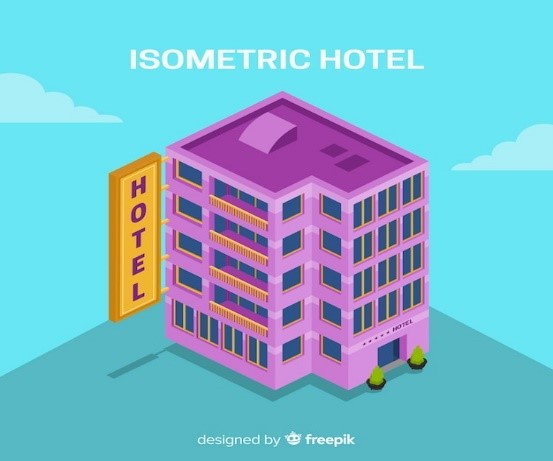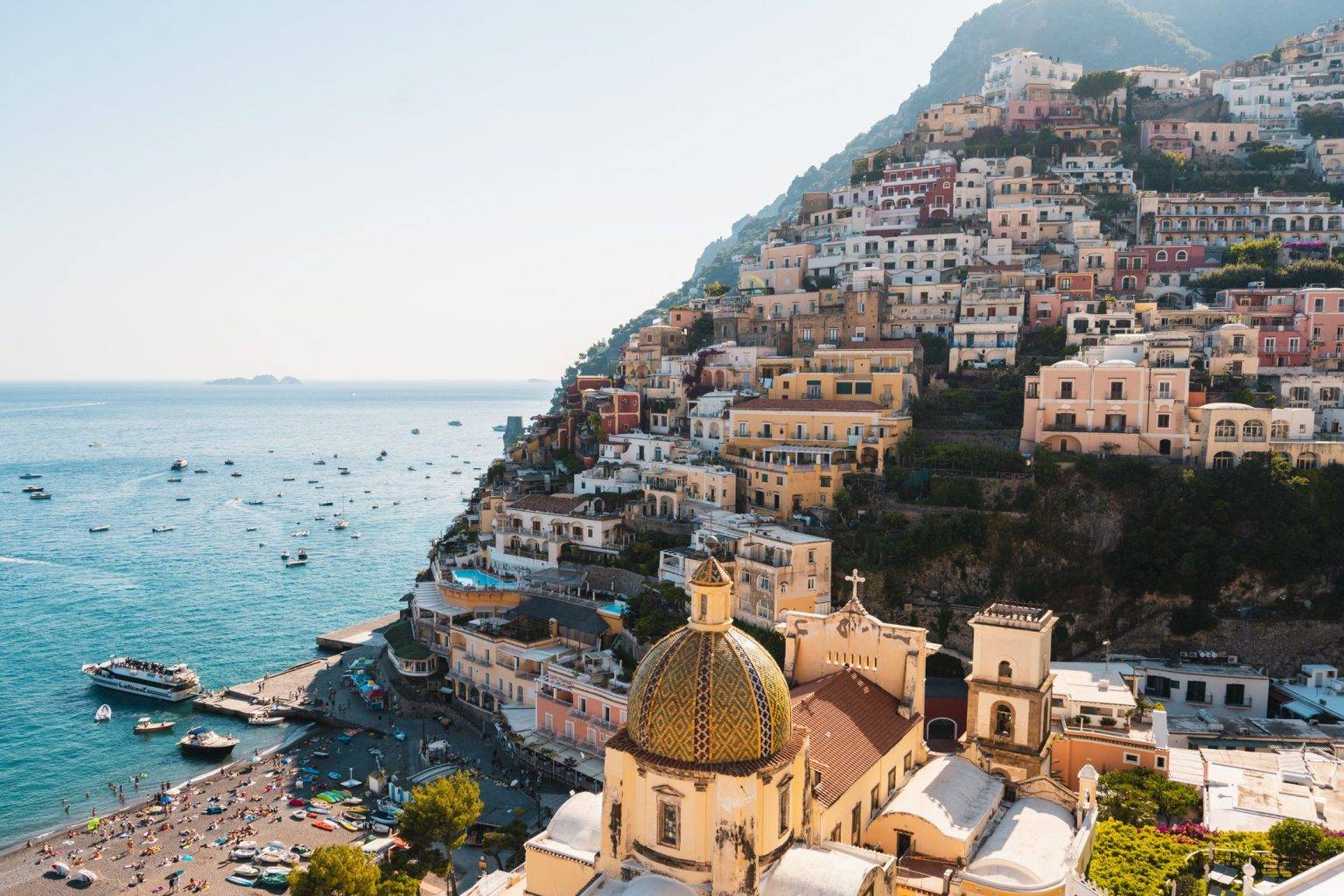Stagnant Hotels
Have you been a hotel guest? Did your experience raise your spirits to new heights, or did you plummet into the depths of disappointment?
“Where’s the personality?” “Why does the décor look like it’s stuck in the ’90s?” “Why does the breakfast buffet feel like a cattle call?” These are just some of the common complaints that echo through the walls of traditional hotels like a bad rendition of a tired tune.
Same Same
Many hotels offer a predictably standardized experience. From the routine check-in/check-out procedures to the familiar comforts of beds, bathrooms, and mini-toiletries, these core elements remain strikingly similar across brands, destinations, and cultures. Staying in many traditional hotels often feels like hearing the same song on repeat—a familiar lobby, a predictable room service menu, and towels that tend towards synthetic materials rather than cotton. However, as consumer preferences evolve and the demand for unique and authentic experiences grows, the traditional hotel model is being challenged.
Contest: Best at Being Boring
While many brands strive to distinguish themselves with factors such as location, pricing, dining options (restaurants/bars and takeout), swimming pools, gyms, interior design, and amenities, the essence of the guest experience remains largely unchanged: offering a comfortable space to sleep, eat, shower, and relax. Regardless of whether it’s a hotel, motel, Airbnb, or villa, guests consistently prioritize a secure environment, often integrated seamlessly into the overall design of the accommodation.
Sadly, the standardization of expectations and services comes at a cost: the hotel segment of travel, has become predictably mundane and monotonous.
New Target Markets
Hotels and other property types are not acknowledging the significance and economic potential of emerging market segments, including travelers with physical and psychological challenges, as well as seniors seeking experiences beyond traditional beach and bar settings. A growing number of travelers are opting for extended stays and placing greater emphasis on wellness amenities such as advanced gyms, personal trainers, spas, and tailored dietary options.
Importance of Hospitality Industry
The hospitality industry is a significant contributor to the global economy, with the hotel sector playing a crucial role. However, the hotel industry has been facing stagnation in recent years, raising concerns about its long-term viability.
Hotels may be reluctant to innovate for several reasons:
Risk Aversion
The hotel industry traditionally operates on narrow profit margins, and frequently reluctant to invest in new technologies or innovations with no guarantee of immediate returns or could disrupt existing operations.
High Initial Costs
Innovation often requires significant upfront investment in technology, infrastructure, and training. Hotels may be hesitant to allocate resources to innovation when they are already managing tight budgets and competing priorities. Innovation runs the gambit from wheel chair accessibility to robots providing room and housekeeping service.
Legacy Systems and Processes
Many hotels operate with legacy systems and ingrained processes that can be difficult to change. Upgrading technology or adopting new systems may require significant effort and resources to integrate with existing operations.
Industry Fragmentation
The hotel industry is highly fragmented with many independently owned and operated properties. This fragmentation can make it challenging to implement industry-wide innovations or standards.
Customer Expectations vs. ROI (Return on Investment)
Balancing customer expectations for innovative experiences with the financial return (ROI) can be tricky. Hotels may be unsure whether investing in technologies, amenities, or trends will actually result in increased bookings or revenue.
Lack of Awareness or Expertise
Some hotel owners and operators may not fully understand the potential benefits of innovation or may lack the expertise to evaluate and implement new technologies effectively.
Regulatory and Compliance Concerns
Hotels operate in a heavily regulated environment with concerns around data privacy, safety, and compliance, local ordinances on short-term rentals, and zoning laws, implementing new technologies or innovations may require navigating complex regulatory requirements.
Market Saturation
Many markets are experiencing an oversupply of hotel rooms, leading to increased competition and pricing pressures. This oversupply often results from rapid development and investment during economic booms without corresponding growth in demand or the destination/attraction has been dated, boring, or has been removed.
Online Booking Platforms
The rise of online travel agencies (OTAs) and aggregators has increased price transparency and made it easier for consumers to compare and book accommodations, putting pressure on hotel pricing strategies and profit margins.
Economic Factors
Economic downturns or uncertainty can lead to reduced travel budgets and fewer bookings, affecting occupancy rates and revenue per available room (RevPAR)
Technology Disruption
Technology is reshaping guest expectations, from mobile check-ins to personalized experiences. Technology plays a significant role in shaping the hospitality industry, from smart hotels that utilize IoT for enhanced guest services to artificial intelligence and data analytics that personalize experiences and streamline operations. These technological advancements are paving the way for a more seamless and customized stay for guests.
Environmental Concerns
Increasing awareness and concern for environmental sustainability are prompting travelers to seek out eco-friendly accommodations, which may not always align with traditional hotel offerings.
Global Events
Events such as pandemics (e.g., COVID-19), geopolitical tensions, weather and cultural changes, can severely disrupt international travel and tourism, impacting hotel occupancy rates and revenue.



